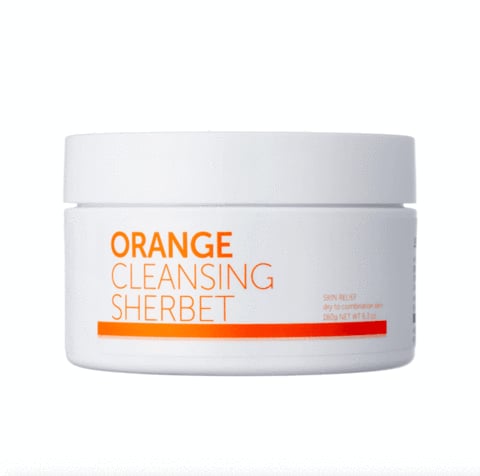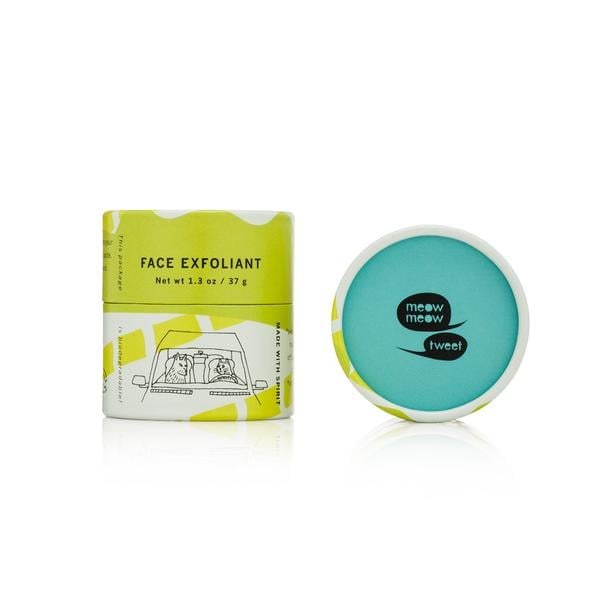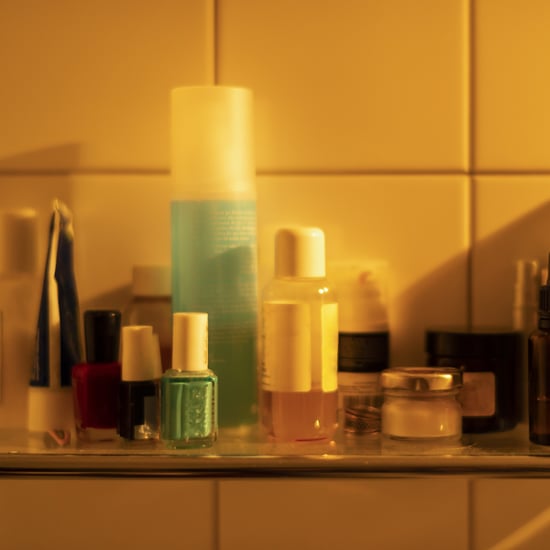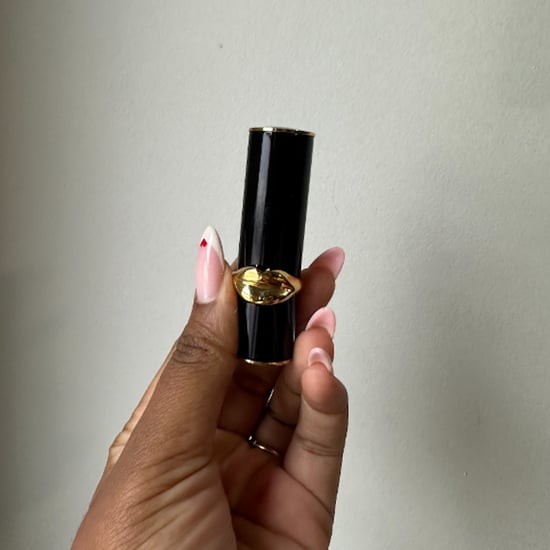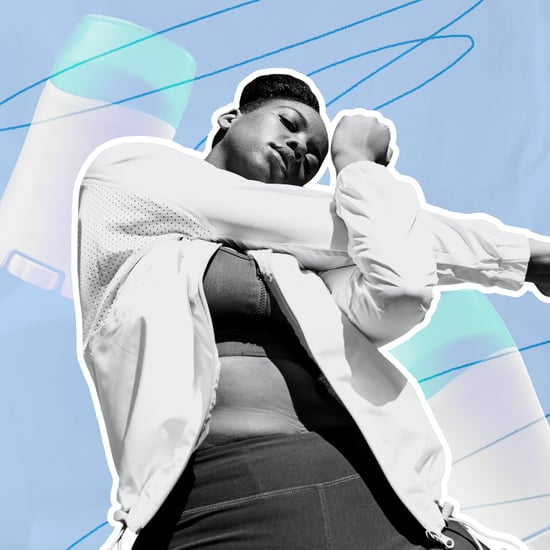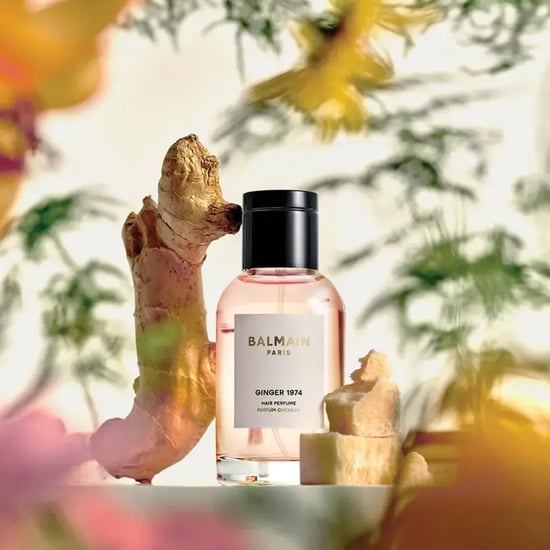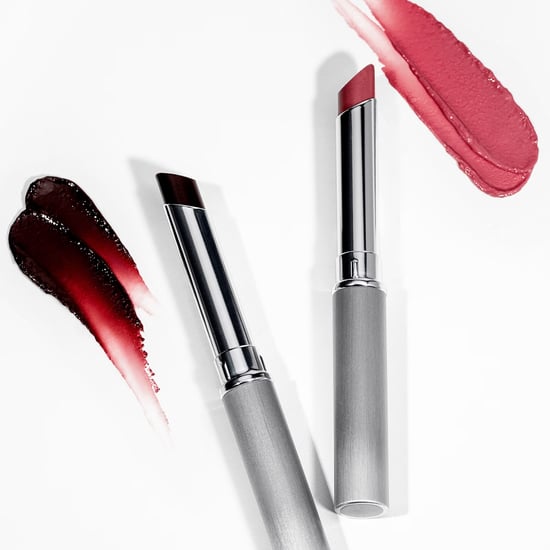Is Luxury Skincare Worth the Money?
10 Ways to Tell If You're Overpaying For Pricey Skincare Products
As POPSUGAR editors, we independently select and write about stuff we love and think you'll like too. If you buy a product we have recommended, we may receive affiliate commission, which in turn supports our work.
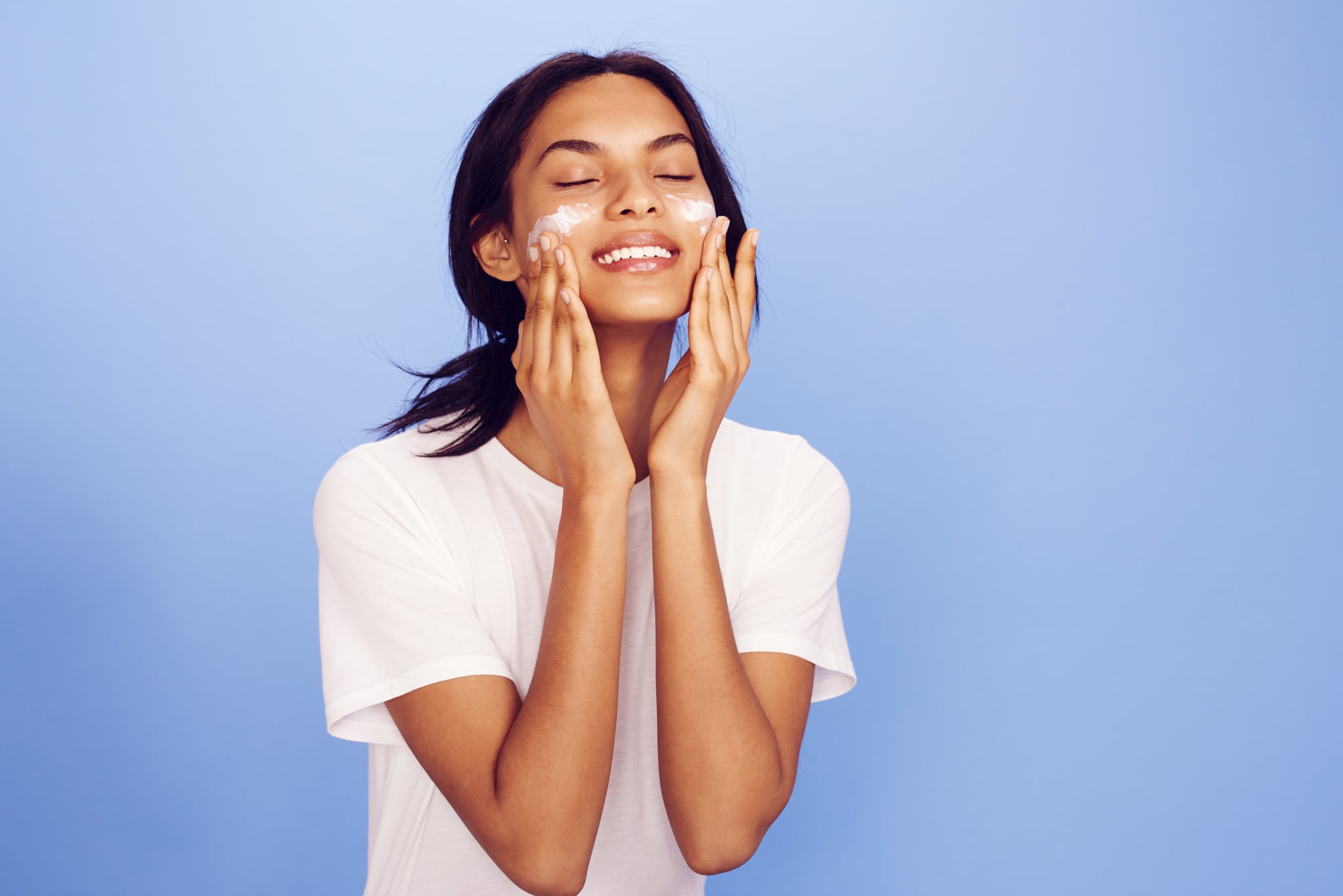
Finding the right skincare line is an individual endeavour, much like finding the right significant other. You might have to date around to find the perfect match for you. And where pound signs are concerned, quality is more important the quantity.
As a beauty writer who's tried her fair share of product lines, I certainly understand this to be true. I've been sent a myriad of different serums, night creams, day creams, etc., and have broken out even from the ones that promise to fight pimples, looked shiny even from the ones that promise to be matte, and seen zero results even from the ones that are clinically proven. Bottom line: what works for someone else might not work for you — and what costs a fortune might not be the all-mighty, cure-all skin treatment it claims to be.
While it's true that including certain ingredients or formulations may increase the base cost of a skincare product, Tyler Hollmig, director of Laser and Aesthetic Dermatology at Stanford Health Care, noted it's also true that the profit margin on these products is typically quite high. "Price really correlates most closely with the branding of the individual product, with each targeted at a particular socioeconomic demographic," he said.
But that certainly doesn't mean products with a heftier price tag aren't truly worth the splurge. Here are some dermatologist-approved qualities that a skincare product should possess to make it worth the price.
It uses high-quality ingredients
Certain ingredients do make it the cost higher to produce a product, and skincare is no exception. Retinol, a vitamin A derivative that is considered the gold standard of topical anti-ageing ingredients, doesn't come cheap — especially the more potent concentrations. Speaking of concentration, make sure that the high-quality ingredients being used contain a sufficient quantity that's stable within that formation.
Just like on nutrition labels of food products, ingredients on the back of skincare products are listed in order of the highest quantity or concentration. You'll notice that ingredients are separated into "active" and "inactive." Dendy Engelman, M.D., of Manhattan Dermatology and Cosmetic Surgery in New York, explained that active ingredients are "biologically active," meaning they will enact a biological change at the right concentration.
"In all cases, the higher the concentration, the stronger the product, but it is not the case that they are more effective," she said. "For example Differin Gel adapalene 0.1 percent is not as strong as Differin Gel adapalene 0.3 percent, which is why the former is over the counter and the latter is prescription only."
Another good example is benzoyl peroxide: the 5 percent is just as effective as the 10 percent, but the higher concentration can be more irritating.
The ingredient list is fairly short
Shorter ingredient lists are usually better than longer ones. "The more ingredients, the more likely for skin irritation or allergic reaction," said Hollmig. The list of "active ingredients — i.e. zinc oxide in sunscreen and medicated ingredients for acne like salicylic acid and benzoyl peroxide — should be on the shortest side, since too many tossed together in one product can cause them to be inactivated by each other and may mean that they're diluted."
The percentages really are important. "The product formulation should be specifically focused to maximise a single or small combination of actives, not a long list of trending 'actives' for market appeal," said Cynthia Bailey, M.D., dermatologist, and founder of Dr. Bailey Skin Care.
Some products that contain 10 ingredients or less include Peach and Lily's Orange Cleansing Sherbet (£26), an oil-based cleanser from Korean skin care brand Aromatica, Meow Meow Tweet's Face Exfoliant (£12), which contains only four natural ingredients (oats, chamomile, kelp, and black walnuts!), and Blossom Jeju's 100% Camellia Seed Dry Oil(£23), which, as its name suggests, is made from nothing more than camellia seed oil.
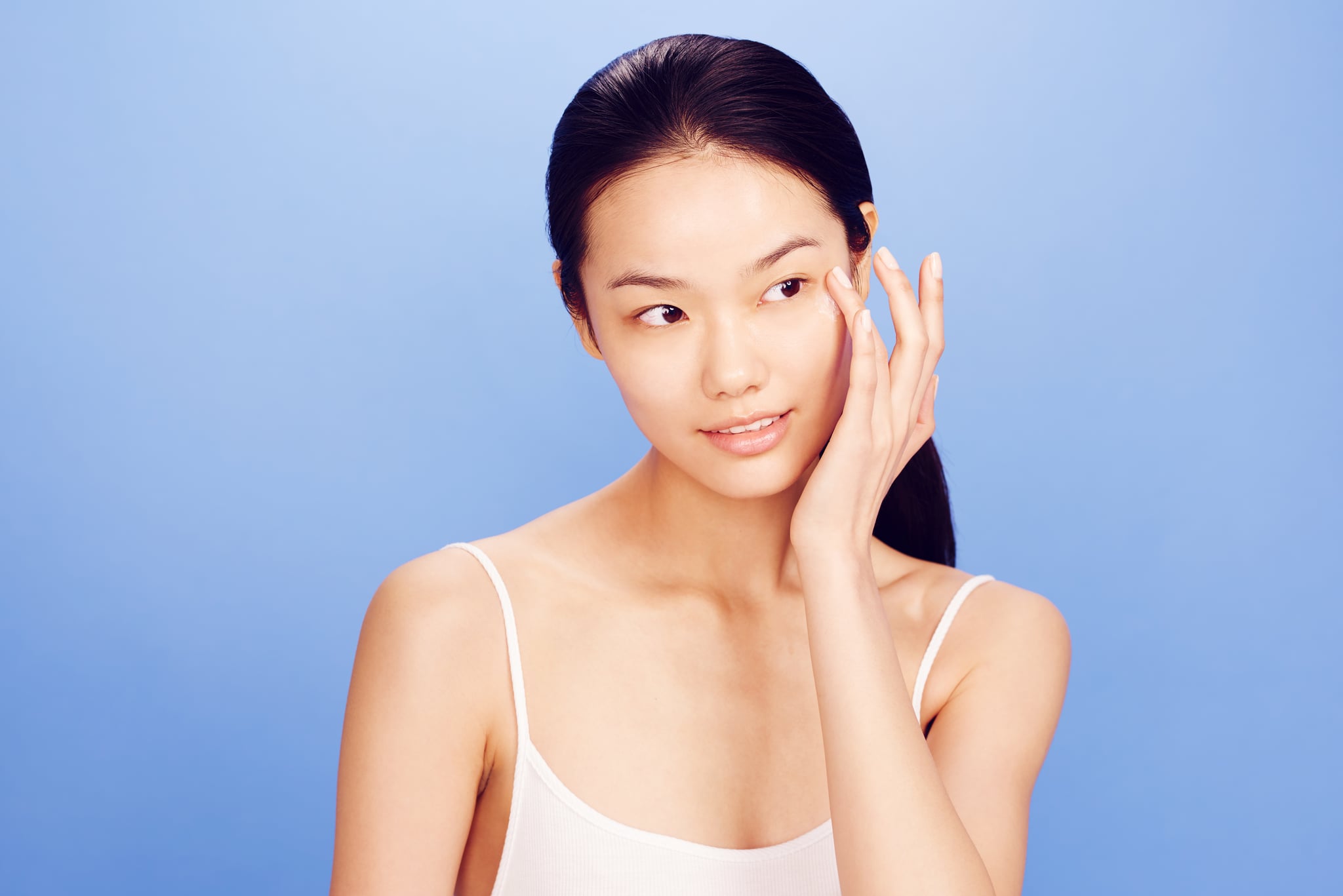
Image Source: Photography / Maria del Rio
There's published research on its effectiveness
The Food and Drug Administration (FDA) has notoriously limited oversight when it comes to over-the-counter beauty products, which, by definition, cannot change the structure or function of the skin. "The FDA's job is really to make sure they are safe, with limited to no studies required to show efficacy," explained Hollmig.
For this reason, the majority of cosmeceutical companies don't rigorously assess and publish studies on how well their products work. But some — often the ones with nothing to hide — do make this information available. Wondering if your go-to brand tests its product in clinical trials? Check its website, or research the studies in dermatology journals available online, such as the Journal of the American Academy of Dermatology, Archives of Dermatology, etc.
"If you find that you need a subscription to read the full articles, try Google Scholar instead to search for scientific articles on a subject," added Bailey.
It's clinically proven
This might sound like the same thing we just referenced, but "clinically proven" doesn't mean "scientifically proven or that a product's undergone heavy research and studies. It does, however, mean that the product was given to consumers to try and the results were analysed to determine its level of efficacy.
"Examples would include stem cells that may do something in a petri dish but won't get into skin just because they are listed in a wrinkle cream or collagen," said Bailey. According to skin docs, clinically proven is a good sign the product will work.
It has five-star reviews
Reviews are not for nothing — they're almost a foolproof way to tell whether or not a product is totally bogus or has bad results. Before you make a purchase, check out the comments on various sites, such as the American Academy of Dermatology's website or the American Society for Dermatologic Surgery — not just the individual brand's company page. Also, check out online stores that sell the product and offer reviews. We like Sephora and DermStore.
It feels good on your skin
It sounds basic (and obvious) enough, but the true measurement of a skincare product is how it feels when you slather it onto your skin. In other words, it shouldn't cause irritation, itching, or redness of any kind. Rather, it should be soothing, unless it's a type of face mask or retinol-containing product that is meant to provide a tingling sensation.
"Your skincare products should help you reach your complexion goals without causing any harm," said Bailey.
Always try the patch test before using a new skincare product. Rub a little onto the back of your hand or inside of your elbow, and wait a solid 24 hours before checking to see if any redness or irritation occurred. If not, you likely won't experience this on your face either. If you have sensitive skin, reach for brands that are especially created for skin that is prone to redness or breakouts, such as La Roche-Posay, Neutrogena, and Avene.
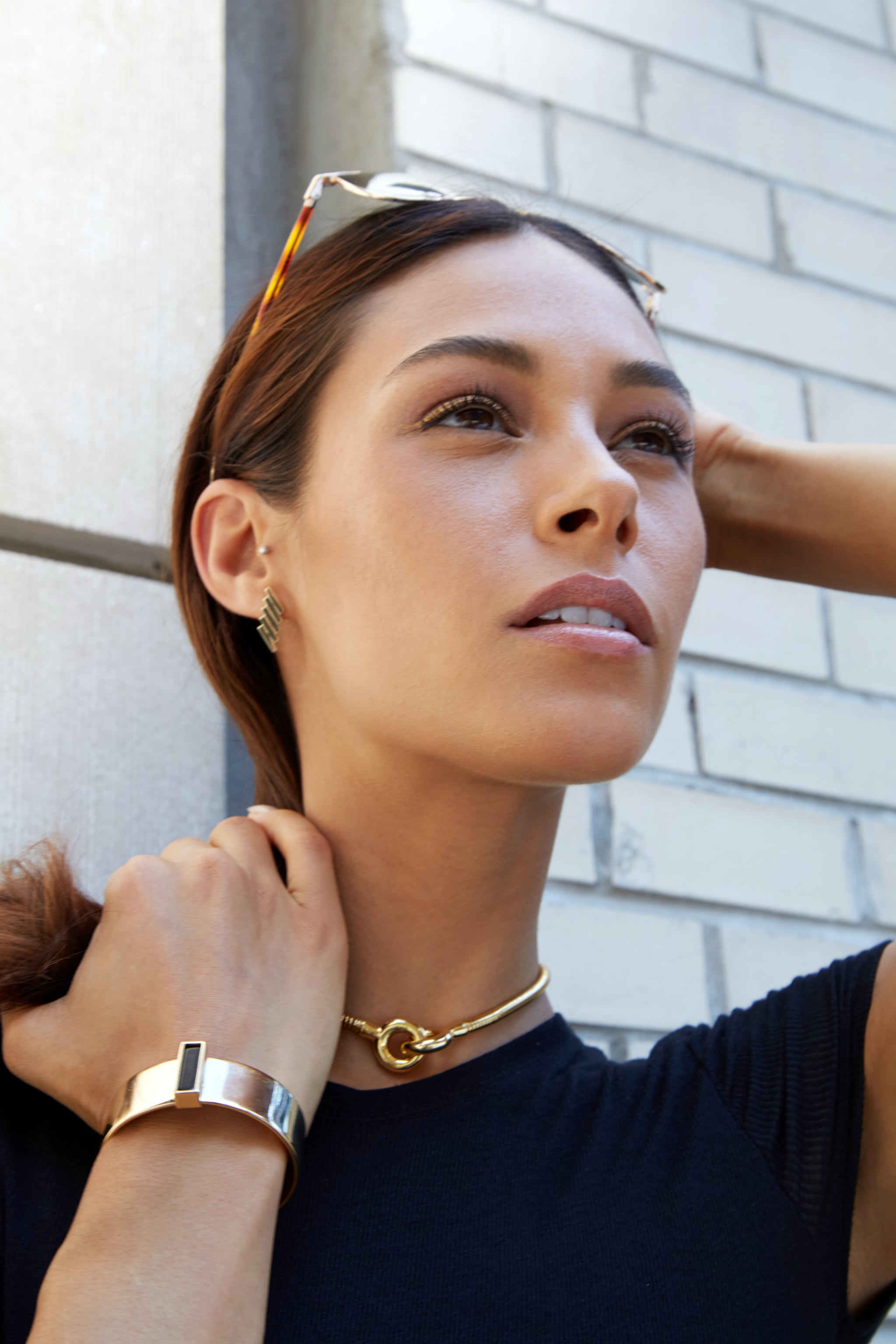
Image Source: Popsugar Photography / Benjamin Stone
Its ingredients yield the results you're looking for
Skin care is not rocket science. Fancy brands aside, your dermatologist can give you a list of ingredients that are helpful in treating your skin concerns. From there, you can do your own research to find out which brands — OTC or Rx — are worth purchasing based on the ingredients you're looking to use. For example, acne sufferers should try products containing benzoyl peroxide or salicylic acid, which remove dirt and oil and exfoliate dead skin cells, leaving pores clean and clear. Those looking to fight signs of ageing will want products containing retinol, as well as alpha-hydroxy acids, which exfoliate dead skin cells to reveal new, less pigmented layers of skin underneath.
You actually see results
The proof is in the pudding when it comes to skin care. In other words, if you're using something just because someone recommended it or because it looks fancy, but you're not actually benefiting from it in any way, it's time to try another product.
"The beautiful thing about dermatology and skin care is that results are right there in the mirror — or not," said Bailey. "Don't just focus on how a product feels when you apply it; look for promised results in a week or month." Results may include softening of wrinkles, brightening of skin texture, lightening of age spots, clearing of acne, lessening or redness from rosacea, etc., so long as they're actual results.
You can afford to keep buying it
Any dermatologist will tell you that, aside from a healthy diet and lifestyle, the key to great skin is consistency. Just because you're not seeing progress in a few weeks, doesn't mean you won't start seeing results in a few months. Not only does your skin become used to absorbing the same nutrients you're feeding it over and over, but it also may react poorly to so many changes if you're trying new brands on the regular. Also, remember that results take time.
The price is indicative of the type of product
No matter the brand, not all types of skincare products should cost a fortune. Sure, serums and intense night creams are likely to contain expensive ingredients, but cleansers, on the other hand, should always be in the affordable range, since the "active" ingredients are washed down the drain. The exceptions, Dr. Bailey explained, are acne-care cleansers because salicylic acid, benzoyl peroxide, and zinc pyrithione can remain on the skin if a product is formulated well. Correcting products, such as Roc Retinol Correxion Cream (£17) or SkinMedica Retinol Complex (£50), are where you should invest, she said.
